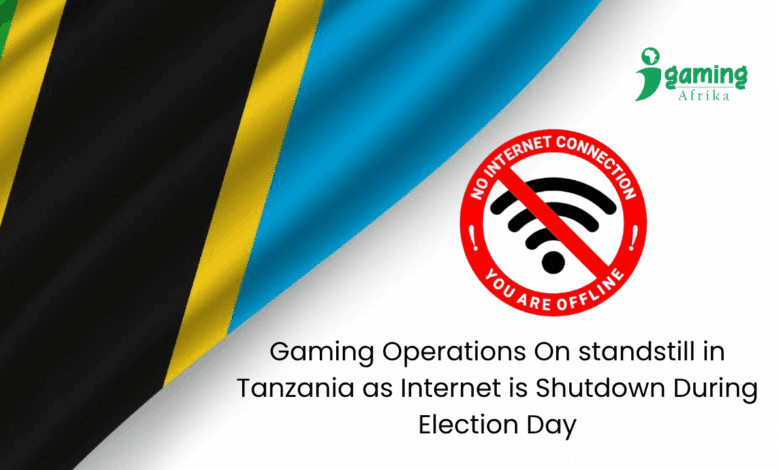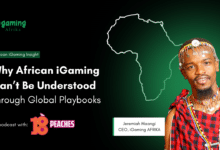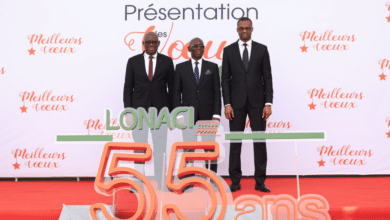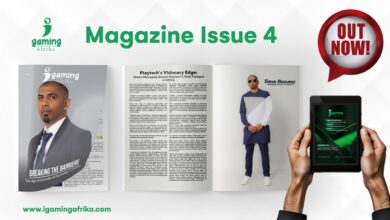Gaming Operations On standstill in Tanzania as Internet is Shutdown During Election Day

On Wednesday morning, Tanzania faced a significant disruption in its internet connectivity as the country held its general elections. Citizens quickly noticed that mobile data services slowed dramatically, and popular messaging platforms such as WhatsApp and Facebook became largely inaccessible unless accessed via a Virtual Private Network (VPN). By midday, the global network monitoring organization NetBlocks reported that connectivity had plummeted by nearly 90% compared to the previous week.
This blackout coincided with the opening of polling stations and the emergence of protests in various parts of the country, raising serious questions about the motivations behind the disruption.
The timing of the internet shutdown was conspicuous. As voting commenced, the government’s decision to restrict mobile data and social media access appeared to be an attempt to control the flow of information during a sensitive period.
Historically, Tanzania has experienced similar patterns during elections. During the 2020 general elections, authorities restricted access to platforms like WhatsApp, Twitter (now X), and Telegram, alongside suspending bulk SMS and voice services, measures that have often been justified by the government as necessary for maintaining public order.
The importance of free and open access to information, especially during elections, cannot be overstated.
When a country’s citizens are unable to communicate freely and access online services, it diminishes the transparency of the electoral process, leads to business losses and fuels uncertainty in several ways. Digital channels serve as vital tools for reporting incidents, sharing memes, and mobilizing voters.
Effect on Gaming Activities
Blocking these channels effectively silences dissent and restricts the flow of vital information, access to services that can only be accessed online.
Cameron Green, a gaming industry consultant spoke exclusively to iGaming AFRIKA on the matter, “Connectivity restrictions have understandably affected all online services, including the gaming and payments ecosystem.
“The priority right now is public safety and stability. For regional partners and investors, this serves as a reminder that resilience planning in Africa must balance growth with preparedness for infrastructure and political disruptions.”
What lies ahead
Tanzania’s relationship with internet freedom has been complex and often contentious. Beyond election periods, authorities have shown a pattern of restricting online platforms when political tensions escalate. In May 2025, X (formerly Twitter) faced repeated blocks, with government officials citing moral and security concerns as reasons for the restrictions.
Each time political tension rises, connectivity falls. Every shutdown proves how much people rely on the internet to see their democracy in action. And the more that plug is pulled, the clearer it becomes that someone is afraid of what access to the internet might reveal.
While official reasons for the shutdown remain undisclosed, anonymous local sources suggest that the government’s actions are aimed at maintaining control during a volatile period. One insider told iGaming AFRIKA, “They are afraid of what people might share if they have full access. It’s a way to mask irregularities and keep the narrative in their favor.”
Another anonymous commentator added, “The internet is the only space where many citizens can truly express themselves and hold authorities accountable. Shutting it down only deepens the mistrust.”
This incident serves as a stark reminder that resilience in Africa’s digital infrastructure must go hand-in-hand with political stability.
“Connectivity is a right, not a privilege,” Jeremiah Maangi, CEO, iGaming AFRIKA emphasized. “Most industries primarily operate through digital channels. Restricting access to online platforms solely to silence citizens violates international human rights laws and infringes upon freedom of speech.
“Ensuring open access during elections is fundamental to democracy. The more we see governments pulling the plug, the more it becomes evident that internet freedom is a measure of transparency and trust in governance,” he added.























